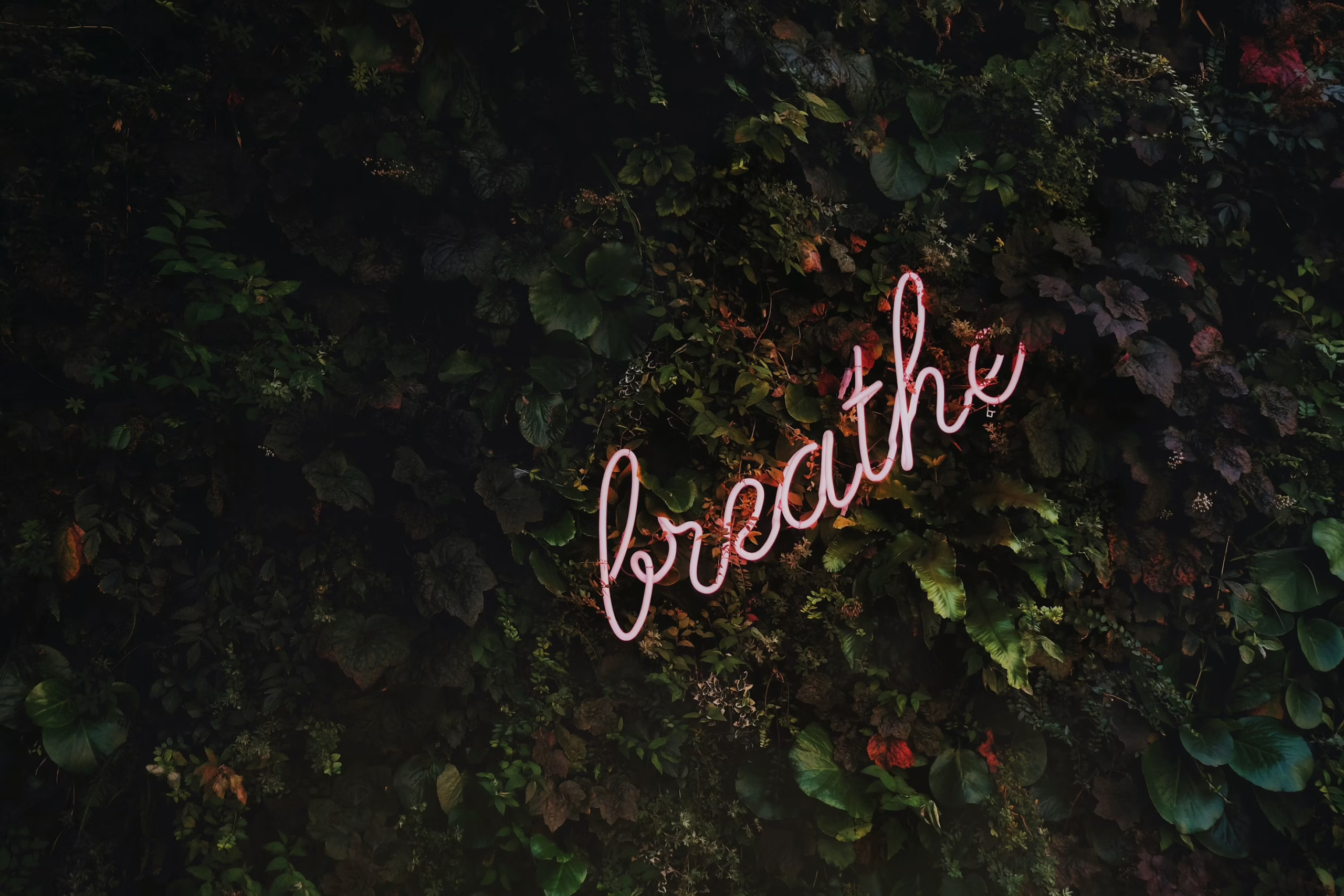Breathing is something we all do — about 20,000 times a day — yet most of us rarely give it any thought. It’s automatic, unconscious, and always happening in the background. But here’s the thing: how you breathe matters more than you think.
In fact, your breath is one of the most powerful tools you have for regulating your nervous system, calming your mind, improving focus, and supporting your physical health. And the best part? It’s free, always available, and requires no equipment.
Let’s explore why conscious breathing is a game-changer — and how to start using it in your daily life.
Why Breath Matters for Your Body and Mind
Your breath is directly connected to your nervous system. Shallow, fast breathing signals your body to stay in fight-or-flight mode, increasing cortisol and keeping you in a state of stress. Deep, slow breathing activates the parasympathetic nervous system — the “rest and digest” response — helping you feel calm, centered, and safe.
Scientific studies have shown that intentional breathwork can:
- Lower heart rate and blood pressure
- Reduce anxiety and panic symptoms
- Improve focus and mental clarity
- Enhance sleep quality
- Decrease pain sensitivity
- Support digestion and immune function
Put simply: if you want to feel better, start with your breath.
Signs You May Be Breathing Inefficiently
Most people develop poor breathing habits without realizing it, especially during stress, sedentary work, or screen-heavy days. Common signs of dysfunctional breathing include:
- Shallow chest breathing
- Frequent yawning or sighing
- Mouth breathing (especially during sleep)
- Tension in the neck and shoulders
- Feeling short of breath during minor exertion
- Persistent fatigue or brain fog
The good news? You can retrain your breath — gently and gradually — to become a tool for energy, clarity, and emotional balance.
Simple Breathing Techniques to Try
You don’t need to spend an hour a day doing breathwork. Even just 1–5 minutes of conscious breathing can shift your physiology and your mindset. Here are a few beginner-friendly techniques:
1. Box Breathing (Calm + Focus)
Used by athletes, military personnel, and high performers to ground and center.
How to do it:
- Inhale for 4 seconds
- Hold for 4 seconds
- Exhale for 4 seconds
- Hold for 4 seconds
Repeat for 1–3 minutes
Great for: Anxiety, transitions between tasks, pre-sleep routines
2. 4-7-8 Breathing (Relaxation)
Developed by Dr. Andrew Weil, this technique helps calm the nervous system quickly.
How to do it:
- Inhale through the nose for 4 seconds
- Hold the breath for 7 seconds
- Exhale slowly through the mouth for 8 seconds
Repeat for 3–4 rounds
Great for: Falling asleep, unwinding after work, stress relief
3. Coherent Breathing (Balance + Resilience)
The goal is to breathe at about 5–6 breaths per minute, which helps bring the body and mind into coherence.
How to do it:
- Inhale slowly for 5 seconds
- Exhale slowly for 5 seconds
- Continue for 5–10 minutes
Great for: Daily nervous system regulation, emotional balance, mental clarity
4. Breath Awareness (Mindfulness)
No counting, no controlling — just observing.
How to do it:
- Sit comfortably and close your eyes
- Notice the rhythm of your breath
- Pay attention to the feeling of air entering and leaving your body
- Gently bring your attention back each time your mind wanders
Great for: Grounding, presence, starting a meditation practice
How to Build a Breath Practice Into Your Life
The key to using breathwork effectively is consistency — not duration. Try one of the following:
- Start your day with 3 minutes of deep breathing
- Take a “breath break” every hour (use a reminder app or sticky note)
- Use breathing before meals to shift into rest-and-digest mode
- Wind down with a breath routine before bed
And remember: even a single conscious breath is better than none.
Final Thoughts
Your breath is more than just a life-sustaining function — it’s a powerful, accessible bridge between your body and your mind. In just a few minutes a day, you can use it to reset your stress response, improve focus, and feel more connected to yourself.
So the next time you feel scattered, overwhelmed, or exhausted, don’t reach for your phone or another coffee. Just pause. Inhale slowly. Exhale gently.
Your breath has been there for you since the day you were born. It’s a tool. A guide. A medicine. You only need to remember to use it.

